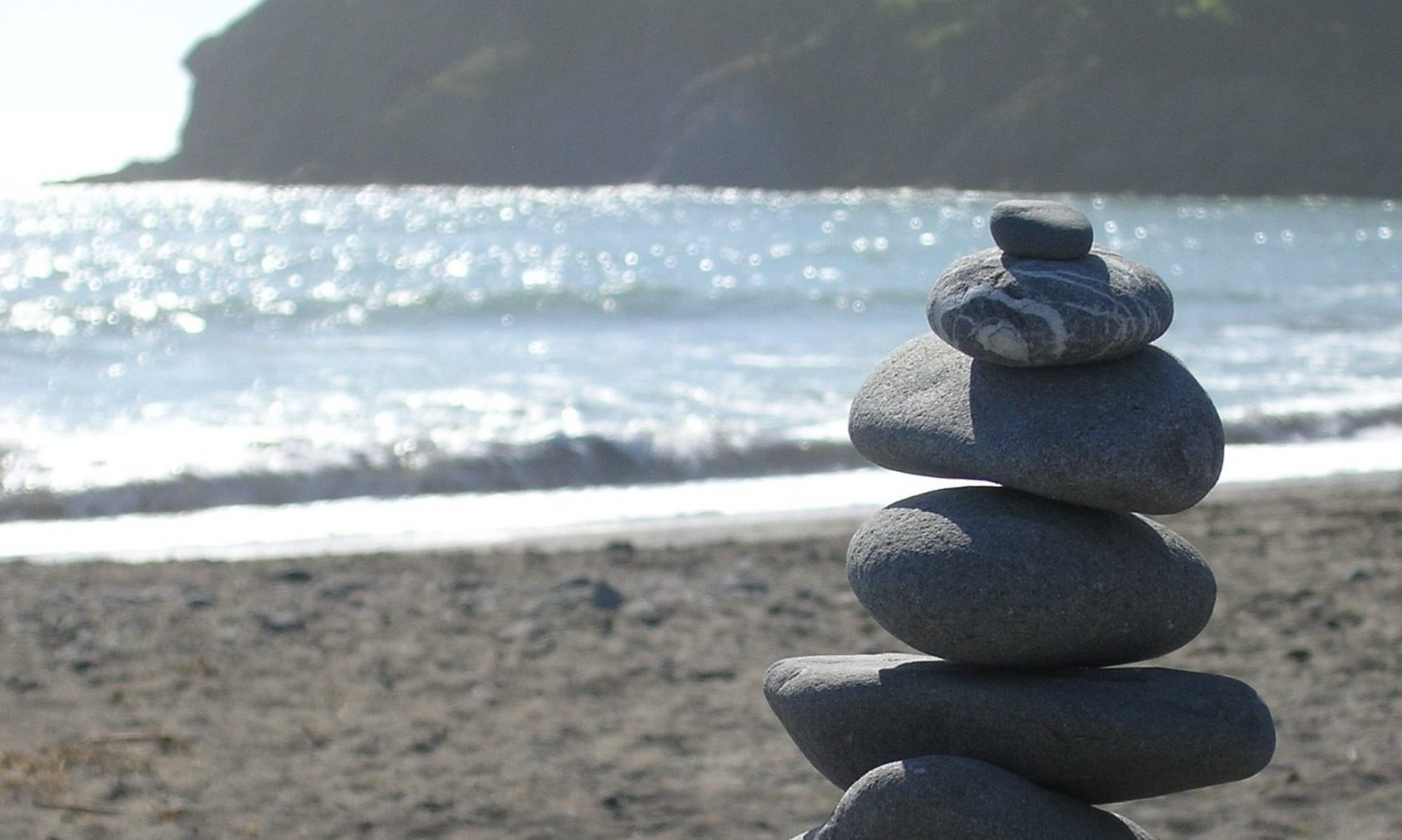There’s a poem by Kahlil Gibran, often read at graduations around this time of year, that is well known the line, “your children are not your children.” This can be confusing for parents to hear, challenging, or even kind of sad, but it has an inevitable truth that emerges if given time, space and room for contemplation. I would suggest, in a similar fashion, that your disorders are not yours. More specifically, I mean that your disorders are not your possessions. You didn’t wake up one day and say, “You know what I need in my life? Depression!” or “what would really spice things up in my personal life is a preoccupied attachment style!” Nor did you choose these at birth; as far as we know, you did not customize your own DNA to match some trendy “depressive aesthetic.”
This does not mean that your experience of depression is not valid or uniquely personal. It also does not mean that people experiencing mental health crises should automatically be absolved from responsibility for seeking help. It does mean that the world—or more precisely, the worlds in which we live (our biological world, external and internal, our socio-cultural world, our spiritual world) play a role in the development and current state of our psyche. It seems incredibly unfair to me that so many factors can contribute to a person’s experience of mental distress, and yet the individual person is often left holding the bag and taking the blame for their mental state.
If you are struggling with a state of mental distress (such as anxiety, depression, etc.), an early step towards getting some breathing room between your identity and your distress is to stop thinking of it (or referring to it) as “my depression.” Mental states are not objects or a possessions, but rather physiological and emotional experiences that people move through, or in cases of distress, find themselves stuck in. It is even more difficult to get unstuck when our emotions become a fixed part of identity and our story of ourselves. It is enough to be a person who experiences a difficult mental state (perhaps in a unusual or wholly unique way); is not necessary to take annex it into your identity.
